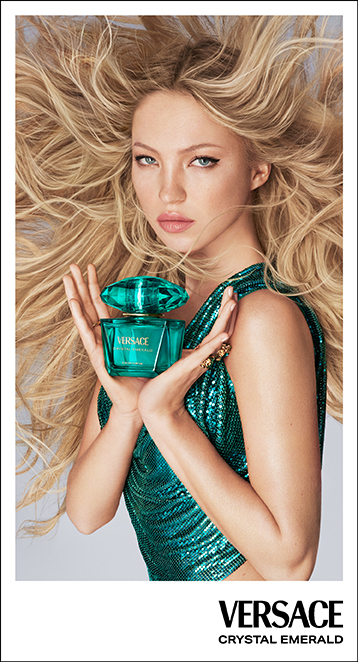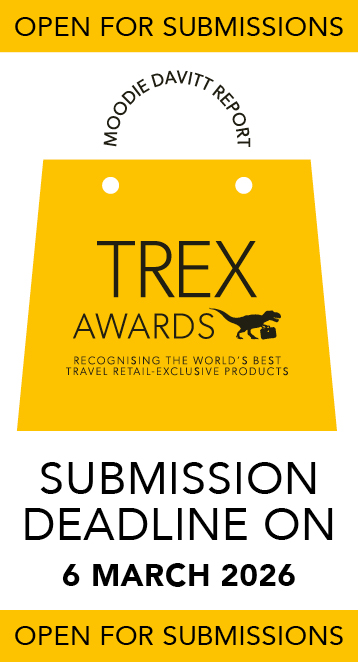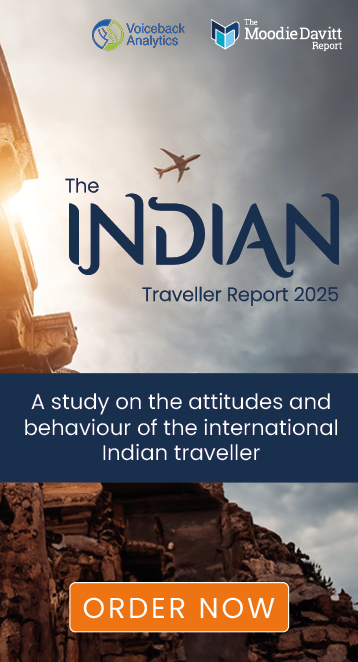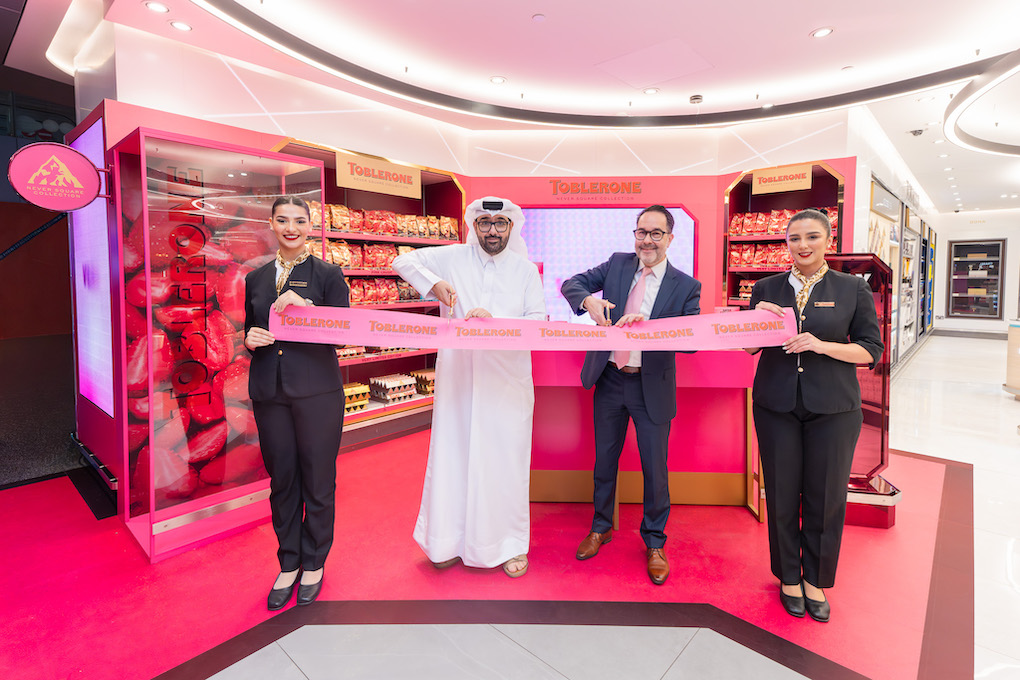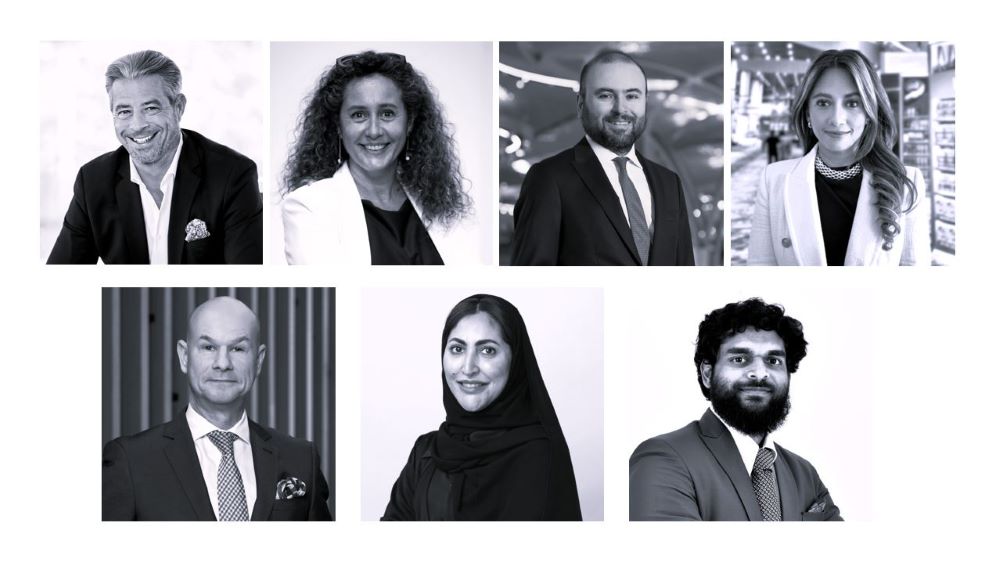Prologue: When Brisbane Airport Corporation and Lotte Duty Free celebrated the renewal of their contractual partnership for a further ten years on 29 May, the importance of the occasion was underlined by the presence of the Korean travel retailer’s CEO Kim Ju Nam.
Australia has become a key market for Lotte Duty Free since it acquired JR/Duty Free at the stroke of midnight on 31 December 2018. The company now has airport businesses in Brisbane, Melbourne and Darwin airports plus downtown operations in Sydney and Melbourne. Across the Tasman Sea, Lotte Duty Free also holds the concession at Wellington International Airport and is a likely participant in the current Auckland Airport duty-free tender.
Brisbane Airport’s International Terminal will undergo a radical transformation over the next few years, including the doubling of the duty-free footprint, anchored by a 3,900sq m walk-through departures store.
The Moodie Davitt Report Founder & Chairman Martin Moodie was on location in Brisbane for the celebration and after the airside ribbon-cutting ceremony he spoke with CEO Kim and Lotte Duty Free Oceania Chief Executive Officer Stephen Timms in a compellingly candid exchange.
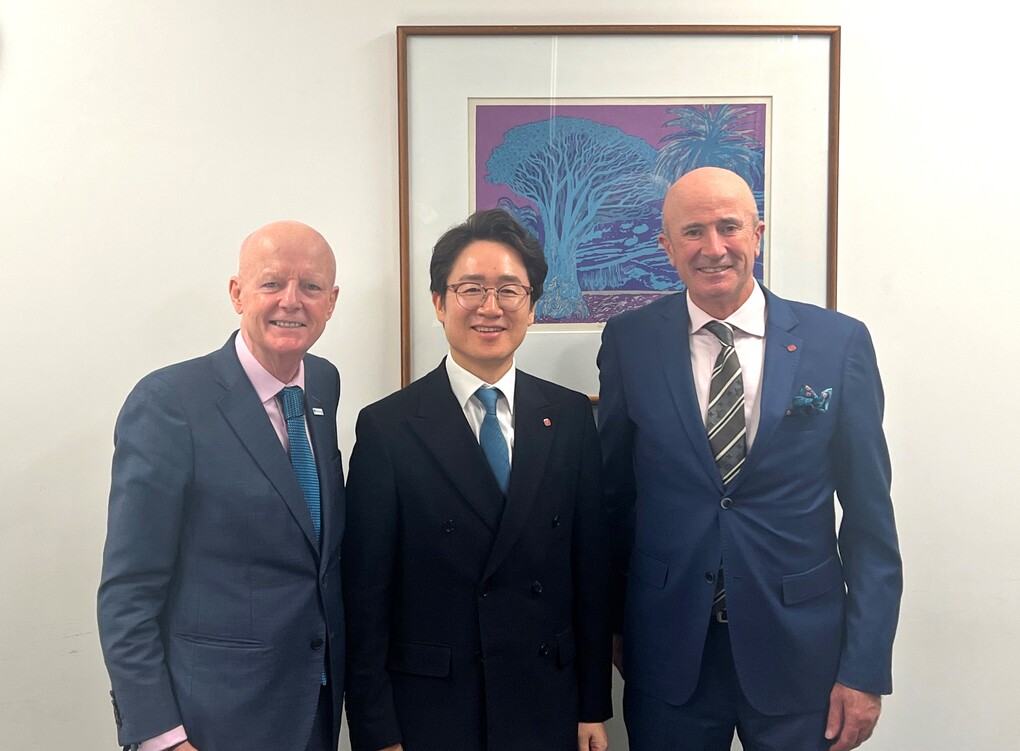
Kim Ju Nam leaves no room for doubt about the pivotal importance of the new Brisbane Airport duty-free contract, particularly as the company seeks to diversify globally from its traditional but troubled Korean stronghold.
“As you know, Lotte Duty Free started in Korea in the 1980s as a stepping stone for growth,” he says. “Although we had a very successful and efficient duty-free business model in Korea with steady business growth, we eventually hit the ceiling. So as a business expansion strategy, we found a way into the global market sooner than any other Korean competitor.
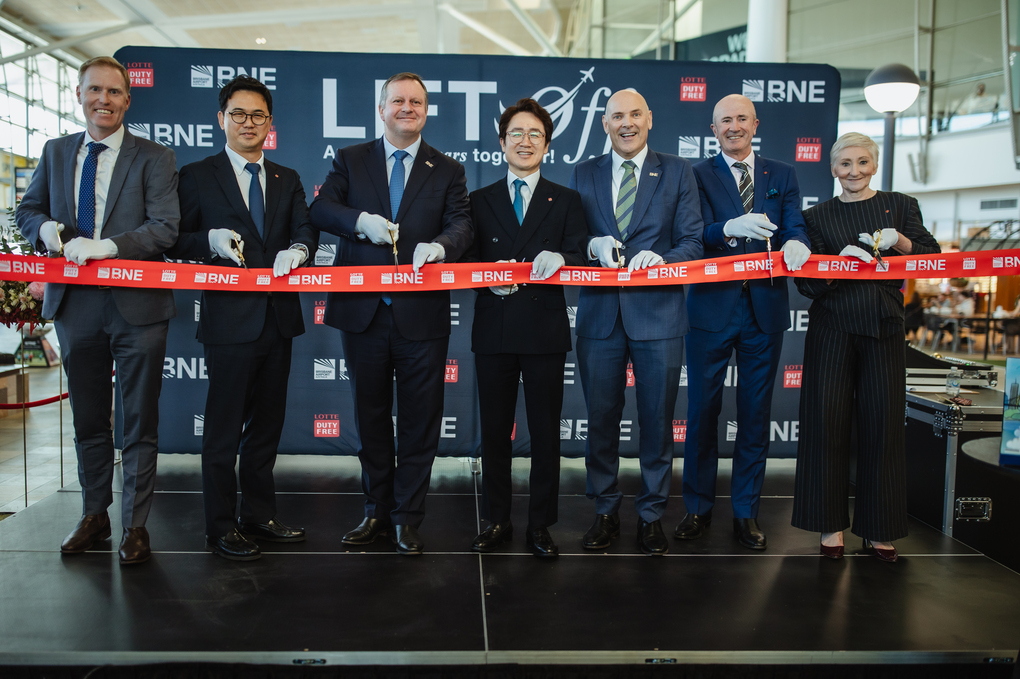
“Besides our local customers, Chinese and Japanese have been key clientele in the Korean duty-free industry, which helped us historically to grow quickly. But as a business entity, sustainable growth is an important mantra for us,” Kim adds, underlining the need to balance its business at home – hit hard over the past year by sweeping changes to the reseller business and soft Chinese passenger traffic – with selective expansion overseas.
“In terms of the bigger picture and how we aim to achieve growth in terms of market channels, domestically we’re looking at downtown- and online-focused operations while for overseas it is mainly airports-focused,” he explains.
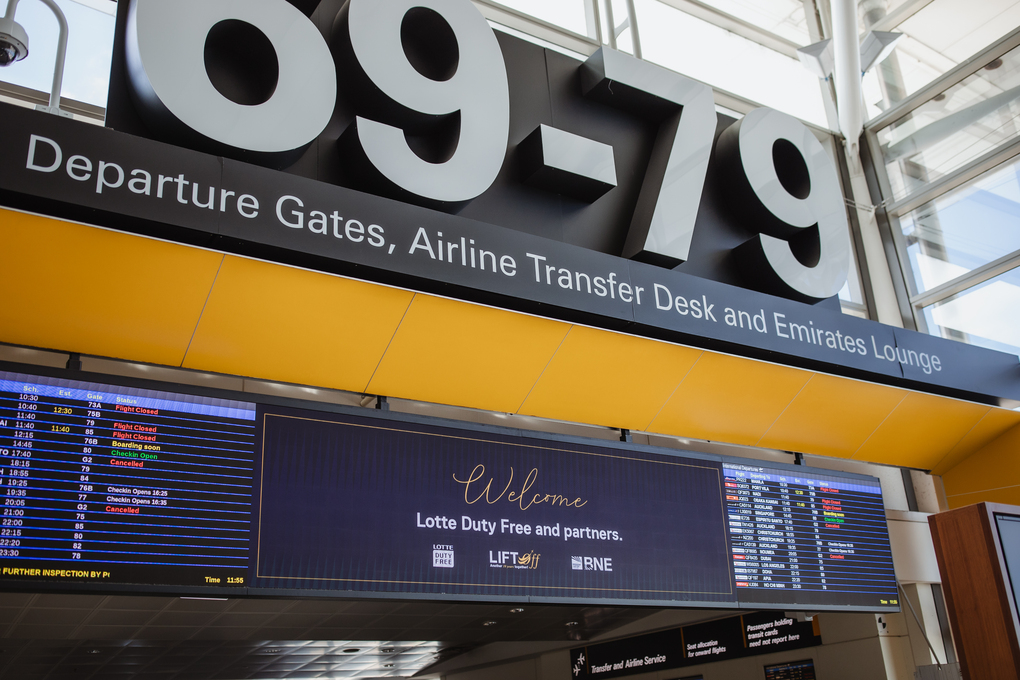
And there’s no doubt that Brisbane and Melbourne airport occupy prime place in that thinking. “We really see incredible growth potential for the Australian market in general, particularly the Brisbane market,” Kim continues. “The upcoming Summer Olympics and Paralympics in 2032 will offer a very special opportunity and so we believe this long-term contract will give the Brisbane Airport duty-free business a very good chance of success.”
Lotte Duty Free is one of the few travel retailers to have witnessed the impact of the Olympics at home, giving it a keen insight into what the global sporting extravaganza means for a company and a city.
“The explosion point for the tremendous growth of Korea’s duty-free industry was the Seoul Olympics in 1988. As with what happened in Korea, I expect the same will happen in Brisbane,” Kim remarks.
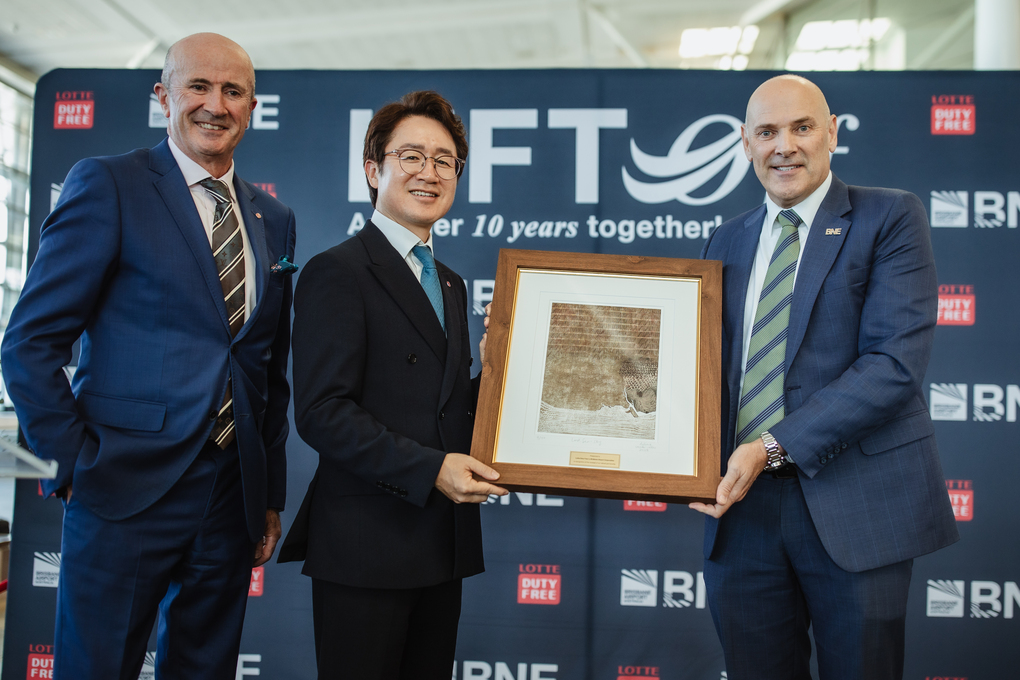
Critically, Lotte Duty Free’s lengthy ten-year contract in Brisbane lends the critical element of time in recouping investment, an incentive in creating the quality offer that both retailer and airport authority seek.
“Short-term contracts were very commonplace in the past but now there is something of a trend towards longer-term agreements,” Kim comments. “That’s because people in the industry realise that having a long-term contract provides stability and promotes more long-term investment. So a very positive aspect of this contract is that we will be able to make significant investment.”
In terms of global expansion Australia has been a “very symbolic and incredibly important market for us”, he comments, one driven by the highly successful acquisition of long-established JR/Duty Free in late 2018.
Many mergers and acquisitions prove difficult, whatever the sector. Why has the JR/Duty Free deal been so successful?
“Although Lotte Duty Free traditionally enjoyed a very significant sales volume, in terms of brand recognition globally we were probably not that exceptional,” Kim responds. “And although JR/Duty Free is not a big company, by acquiring it we were able to boost our international reputation.
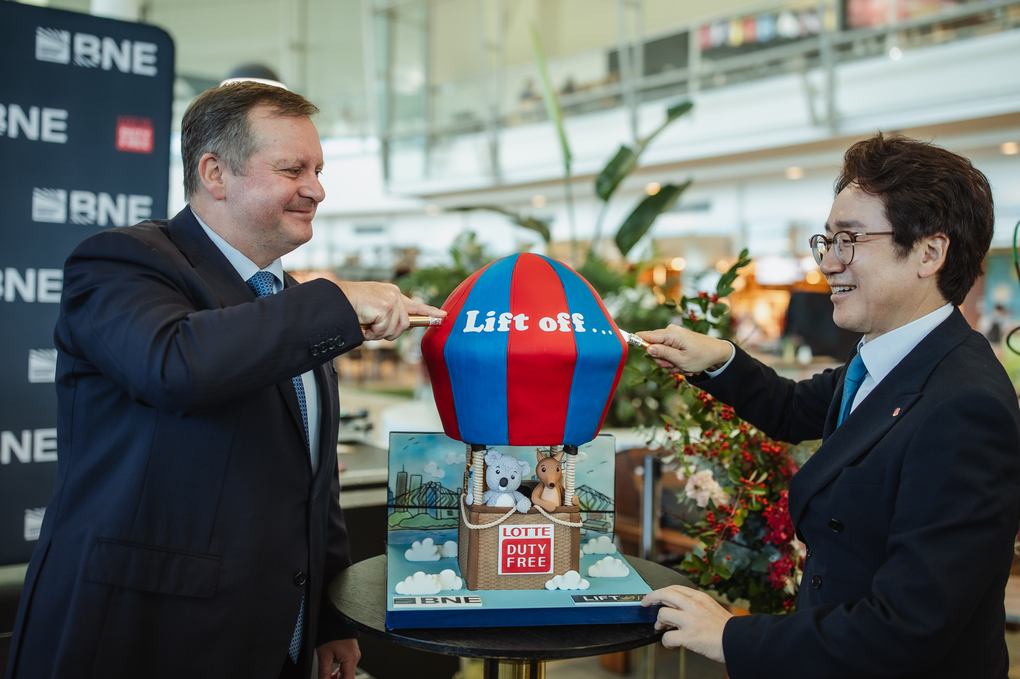
“Most importantly we were able to gain an outstanding and experienced talent pool from JR to create this incredible synergy. Among them, Steve [Timms] is a great example and has made a big contribution.”
That local knowledge will be put to good use in shaping the proposed walk-through store, Kim promises. “One of the strengths in our business proposal was this unique interior design that infused Brisbane culture, history and nature,” he comments.
Lotte Duty Free Oceania Chief Executive Officer Stephen Timms underlines that point. “We set out to create something that hadn’t been done before. Brisbane doesn’t have an icon like the Sydney Harbour Bridge or the Opera House. It has a kind of contemporary feel.
“We believe we have designed something which encapsulates that total contemporary feel. When you come down into this new store, it will be enveloped by Brisbane itself. It will be obvious but at the same time subliminal. And the experiences that you see through the store will take you on a journey unlike anything else that’s been done before in duty free.”
Will there be an indigenous aspect to the store? “Yes, we have a commitment to the First Nations people in the Brisbane area,” Timms replies. “It will be done in a contemporary way. We’re committed to involving Aboriginal artists throughout the store and partnering with the local Aboriginal people to give opportunities for art exhibitions, as well as employment and management.” {Main story continues after the sidebar below}
The spirit of partnershipOver a near three-decade career in travel Lotte Duty Free Oceania Chief Executive Officer Stephen Timms has been involved with many airport concessions. But he believes that the partnership between Brisbane Airport Corporation and Lotte Duty Free stands apart. “We have an integrated partnership in every sense,” he comments. “All our teams are connected to a counterpart on the Brisbane Airport side, all the way through operations, marketing and senior management. And we integrate everything we do together, including meeting with brands at TFWA and talking about our marketing and merchandise strategies.
“There’s full transparency on both sides. This is a unique style of partnership, I think, that we’re bringing to our airport partners.” Lotte Duty Free CEO Kim Ju Nam echoes that perspective. “We had a meeting this morning with Brisbane Airport Corporation and talked to each other in-depth about this. What’s amazing is their success almost goes hand in hand with the success of Lotte Duty Free in every sense. “We know each other very well; we’ve been in this together for a long time. So, in terms of identifying the issues, how to resolve them and how to move forward, we have the same views in every way. I trust both companies will grow together through strong partnership. That’s I think the benefit of working together for a long time. And now we have another ten years.” |
That’s the Australian sense of place covered. But South Korea has arguably got the coolest pop and fashion culture in the world, as well as established K-beauty and K-food dynamics. So will travellers see something uniquely Korean in Brisbane?
Kim sets his answer in an historical context. “We would like to think Lotte Duty Free was the one who in fact started this whole Korean Wave,” Kim replies. “By appointing famous Korean Hallyu [Korean wave] celebrities, especially K-pop idols, as our ambassadors and models for the first time, we have contributed to the spread of K-culture globally.
“Also, with the launch of BB cream [in 2011], we were the retailer who first introduced that particular product. It was developed by us as part of K-beauty. So, again, I believe Lotte Duty Free has played a very important role in leading K-culture.
“So the Korean Wave has been around for a long time. But we can’t just repeat the same thing. So we are trying to introduce our customers to some more experiential K-culture and develop new products to showcase it.
“K-beauty used to be very popular; however, that growth has slowed. Then what’s the next step? I’m confident to say it’s K-fashion.”
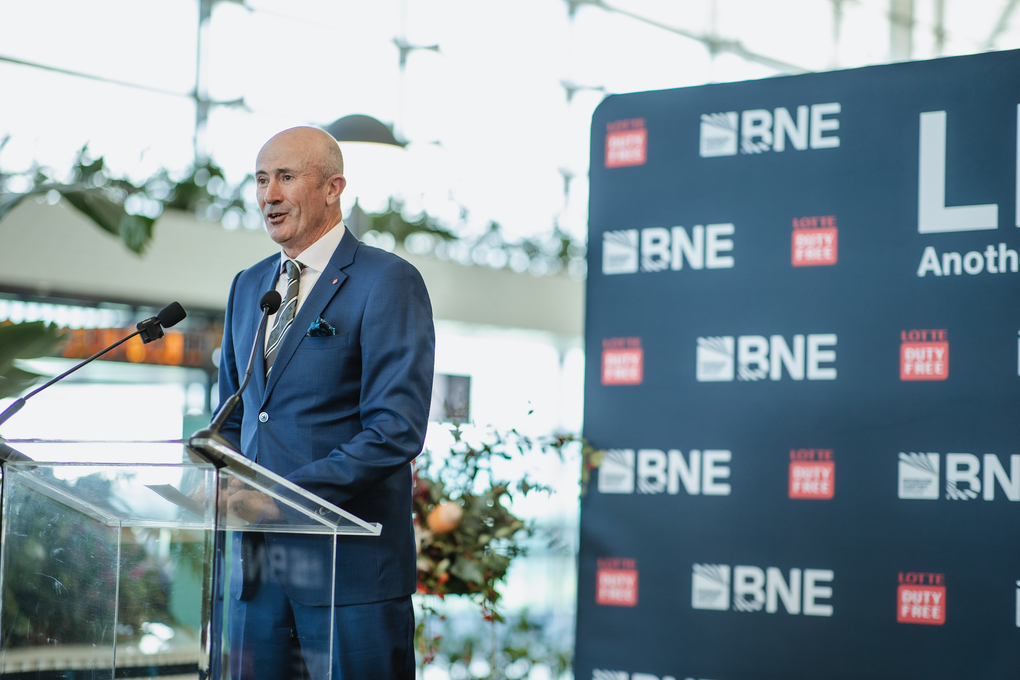
Kim and Lotte Duty Free backed that confidence by creating a dedicated team last year charged with launching K-fashion globally. “We are going to introduce a K-fashion ecommerce platform in the second half of this year to connect brands and trade buyers,” Kim reveals. “Once that’s proven successful we will launch globally.”
Such moves play to arguably Lotte Duty Free’s greatest strength – its intimate understanding, perhaps unrivalled among travel retailers, of emerging consumer groups, led by Gen Z. The company’s acute digital and social media savviness will definitely be further leveraged, Kim confirms.
“The most important communication channel for this young generation is digital. So we are going to use every way possible but particularly social media to expose our brand constantly,” he explains.
“We will differentiate ourselves from our competitors by keeping product lifetimes short if necessary to feed the needs of this fast-moving young generation. We are constantly developing and evolving our products at a very high speed.”
To deliver that goal, Lotte Duty Free has developed what it calls a ‘product hunting system’, based on keywords, Kim reveals. “We filter brand names and products through our social media channels. By using different platforms we’re constantly discovering and identifying what consumers are talking about and what they want. We incorporate that knowledge into developing our products.”
Now in Myeong-dong
Lotte Duty Free’s desire to pivot and willingness to innovate is underlined by its experiential duty-free shopping showroom in Seoul, rebranded in April as Now in Myeong-dong.
Originally launched as LDF House in October 2023, the concept is designed to revitalise Myeong-dong, a popular commercial district in Seoul (and home since 1980 to Lotte Duty Free’s flagship store), and create a new tourist attraction while driving retail spending.
The store’s new visual identity is inspired by street signages in the district. The logo features English and Chinese characters to cater to international customers as Lotte Duty Free aims to make Now in Myeong-dong a famous tourism landmark.
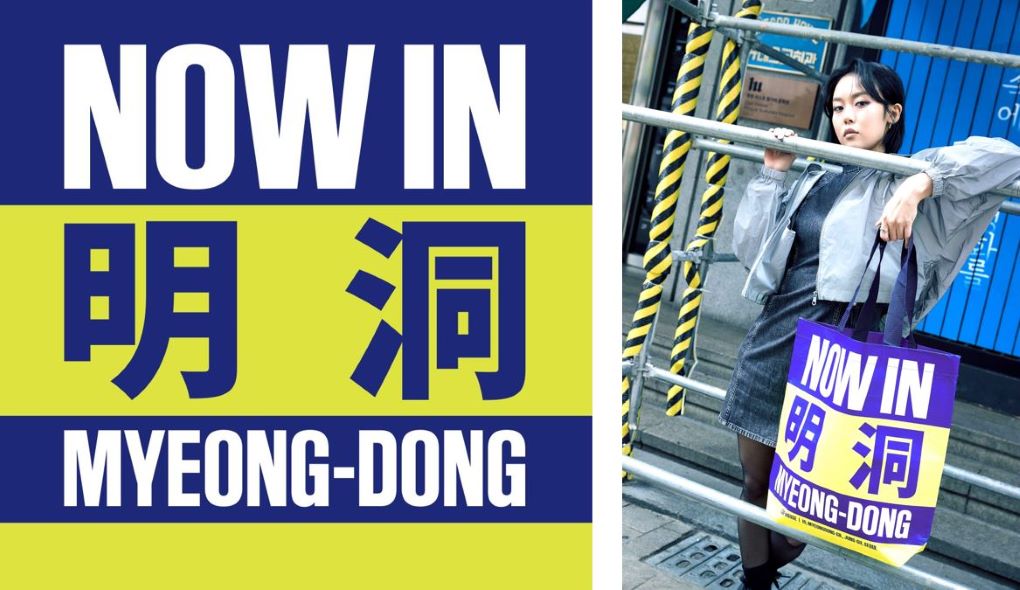
“With Now in Myeong-dong, we wanted to attract more attention by focusing on the younger generation and foreign FIT travellers. So, we want to make our brand hipper and cooler,” Kim observes.
“Travel retail is a two-way business, one is duty free and the other is duty paid. As you know, in terms of duty free, Lotte has been among the most successful businesses globally. But in terms of the whole travel retail picture, we are not as high. We’d like to boost that position.
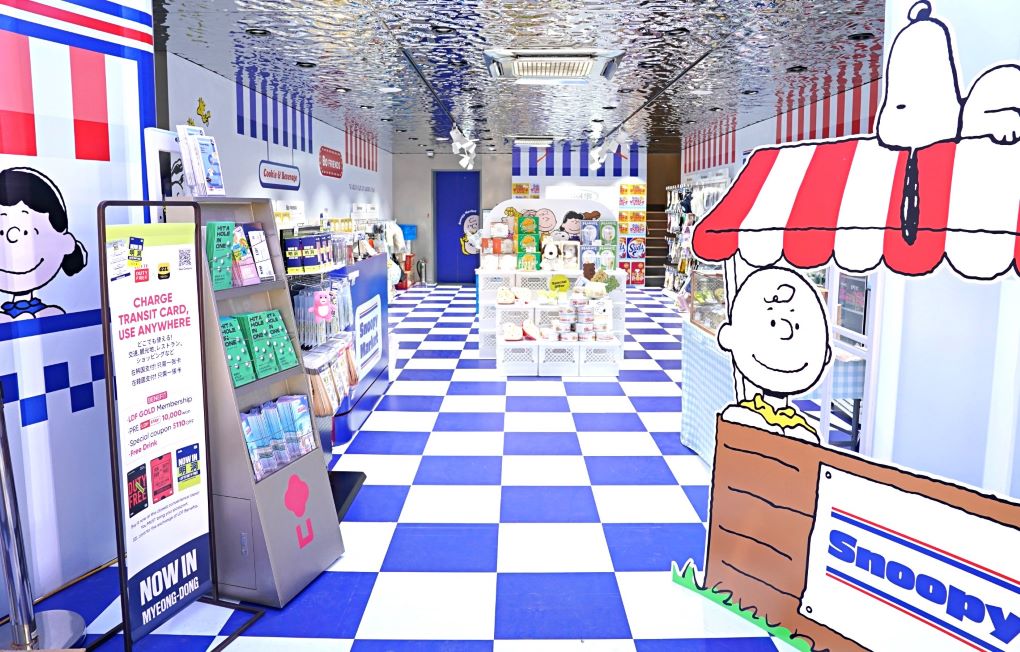
“When we analysed our competitors in travel retail, we found they tend to have about 50/50 portfolio duty free and duty paid. Starting with Now in Myeong-dong and the K-Fashion platform mentioned earlier, these are examples of how we are looking to increase our duty-paid presence. In terms of business projections, we’re looking at that duty-paid portion being about 30% in five years, and maybe 50% in ten years.”
Food & beverage on the menu
Given that two of its heavyweight competitors– Avolta and Lagardère Travel Retail – have moved heavily into food & beverage, could Lotte Duty Free follow suit as part of its diversification strategy?
“Yes,” Kim replies without hesitation. “Lotte Group has many food & beverage companies such as its own bakery and beverage businesses and a fast-food chain Lotteria. So we are looking at this whole picture when it comes to developing our travel retail business.”
With the Korean market having not only “hit the ceiling” as Kim puts it and a widespread belief that the halcyon days of Chinese travel shopping are over, does he have a message to the industry about Lotte Duty Free’s future?
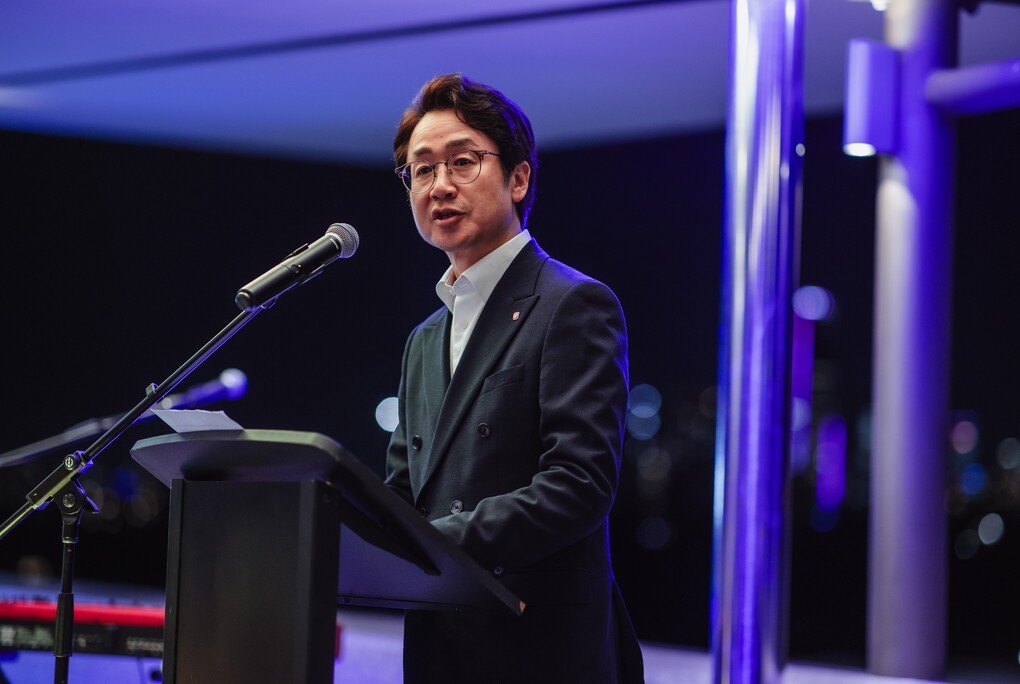
“There are multiple challenges,” he responds. “The first is the exchange rate. Price competitiveness, which is the key competitive attraction of a duty-free shop, is very low now because of the exchange rate.
“Changing travel patterns also represents a challenge. In the past travel meant shopping, but now it’s more experiential and more content based. This is not a temporary syndrome but will be prolonged as a long-term trend. Therefore, we really must produce a new strategy from a conservative, long-term perspective.
“I would say the year 2019 was the peak time for our industry. Our ultimate goal is to achieve 70% of what we had back in 2019. To attain this 70%, while we continue restructuring our business, I believe unfolding duty-paid business as a new growth driver will be a cornerstone for sustainable growth.”
It is, I suggest, a watershed period for Lotte Duty Free and Korean duty free. From 1980 through to the Hallyu wave Lotte Duty Free was the great innovator. Can the company adopt that guise again and propel itself into a positive new era?
“The new stage for us is the globalisation of our business,” Kim replies. “We will continue to leverage our experience, capabilities and knowhow – which were accumulated from this globalisation – for a long time. In the meantime, we need to restructure our global business as well.
“Australia is a great market. Vietnam is also very strategic for us. For other markets, we are going to pick and choose and selectively develop our business.”
Digital technology will also be key, he says, noting that AI is Lotte Group’s keyword for 2024.
“A lot of technology that Lotte is working on will help lead us into the future as well, particularly around AI and other digital tools,” adds Timms. “How that’s applied in store will be quite revolutionary as we rebuild.
“Lotte has led the world in digital and online. And they are going to lead the world in AI and virtual reality.” ✈








